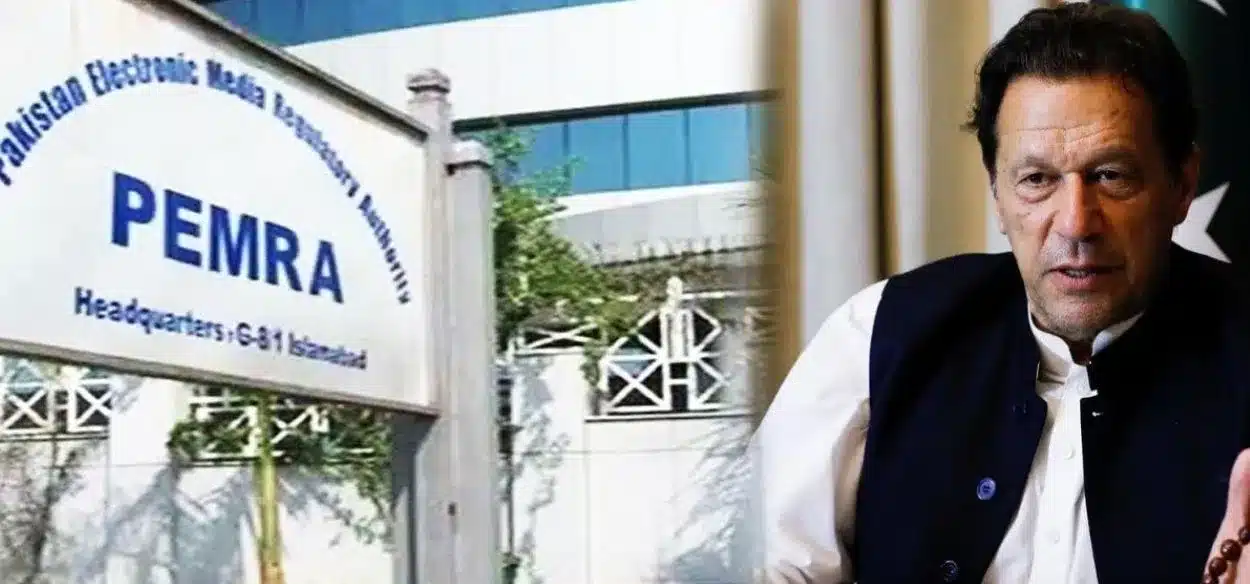The Pakistan Tehreek-e-Insaf (PTI) rejects the federal government’s newly proposed amendments to the Pakistan Electronic Media Regulatory Authority (Pemra) law. The party, led by former Prime Minister Imran Khan, believes that the amendments threaten media freedom, a critical pillar of the country’s democratic landscape.
In the wake of the National Assembly’s Standing Committee on Information and Broadcasting’s approval of the Pemra (Amendment) Bill, 2023, PTI expressed its vehement opposition. The party views the bill, which contains a definition of disinformation, as a tool for the federal government to rein in the media and suppress dissenting voices.
PTI’s spokesperson criticized the government, labelling it a “puppet” that had suspended constitutional norms for over a year. He expressed PTI’s commitment to defending media freedom, vowing to push back against any attempts to detain media personnel and limit freedom of expression. He also condemned what he saw as the government’s attempts to stifle criticism by enacting legislation in the absence of PTI, Pakistan’s largest political party.
Read: President Alvi Backs PEMRA Amendment Bill 2023 & Highlights Fake News Challenge
He further highlighted the issue’s sensitivity by mentioning an alleged illegal ban imposed on broadcasting the name, photo, and speech of former PM Imran Khan, head of PTI.
Government’s Defense of the Bill
On the other hand, Federal Minister for Information and Broadcasting Marriyum Aurangzeb defended the Pemra amendment bill, calling it a “bill of Pakistan” designed to protect journalists’ rights. She criticized the PTI-era restrictions on the media, reminding the public of the PTI’s attempt to introduce the Pemra “black law”, which political parties and media organizations opposed.
Aurangzeb also drew attention to the former PM Imran Khan’s reputation as a “media predator,” a title given to him by international journalism organizations. She talked about instances of censorship, journalist firings, abductions, and torture that transpired during the PTI’s four-year term.
She highlighted that the new bill clearly defines the terms’ misinformation’ and ‘disinformation’ and was created by resolutions approved by the United Nations Human Rights Committee. According to the minister, critics of the bill have not read it in its entirety, while the media has had a hand in shaping its responsibility-related aspects.






